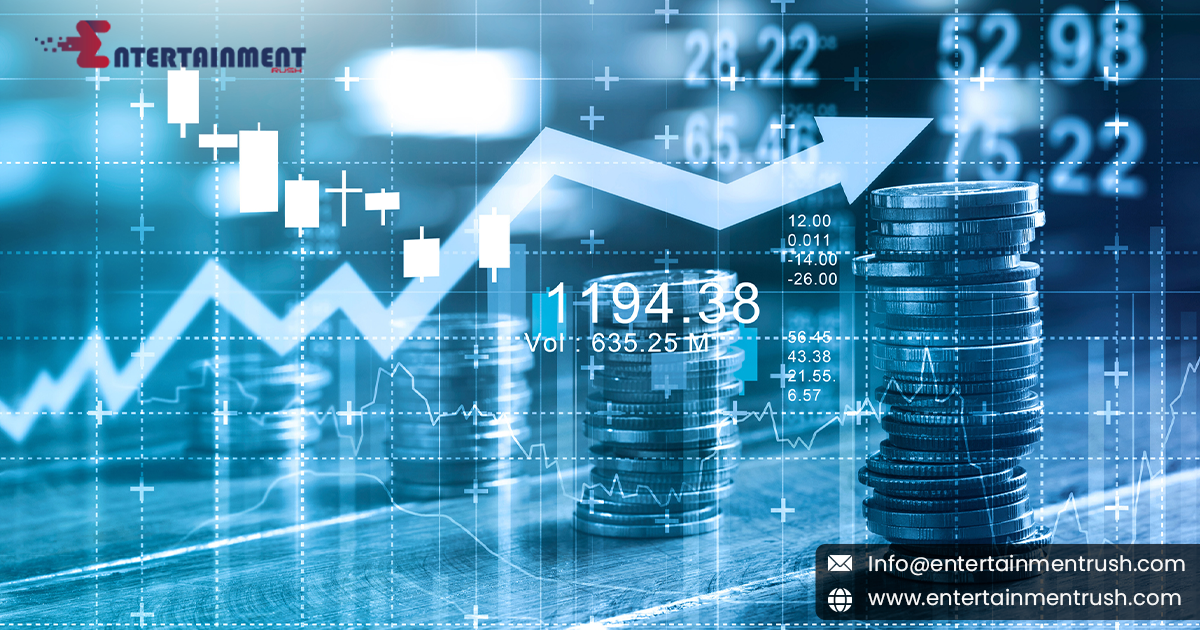Economic forecasting stands at the intersection of data analysis, statistical modeling, and economic theory, playing a crucial role in guiding decisions across various sectors, from business to government policy-making. At its core, this practice involves examining historical data and current economic indicators to predict future trends in economic growth, inflation rates, employment levels, and more.
Anticipating Changes in Key Economic Indicators
One of the primary aims of economic forecasting is to anticipate changes in key economic indicators. Economists use models like time series analysis and econometric modeling to analyze past trends and identify patterns that could indicate future movements in variables such as GDP growth or interest rates. By applying these models to current data, forecasters attempt to project how these indicators might evolve under different scenarios.
Implications for Businesses
Moreover, economic forecasting extends beyond mere prediction; it involves assessing the potential implications of these forecasts on various stakeholders. For businesses, accurate forecasts can mean the difference between profitable investments and financial losses. By anticipating changes in consumer spending habits, inflation rates, or currency exchange rates, companies can adjust their strategies accordingly, whether it’s expanding operations during periods of economic expansion or implementing cost-saving measures during downturns.
Role in Government Policy-Making
On a broader scale, governments rely heavily on economic forecasts to formulate effective fiscal and monetary policies. Central banks use economic forecasts to determine appropriate interest rates that can influence borrowing costs and inflation levels. Fiscal policymakers may adjust tax rates or government spending based on forecasts of future economic growth and revenue trends, aiming to foster sustainable economic development and mitigate potential downturns.
Challenges and Limitations
The reliability of economic forecasting comes with its challenges and limitations. Economic systems are inherently complex and influenced by numerous unpredictable factors, such as geopolitical events, technological advancements, and natural disasters. These unforeseen variables can introduce volatility and uncertainty, making accurate long-term forecasts difficult to achieve. Economists continuously refine their models and methodologies, incorporating new data sources and improving their understanding of economic dynamics to enhance the accuracy of their predictions.
Empowering Informed Decisions
Economic forecasting serves as a vital tool in navigating the complexities of modern economies, providing essential insights into future economic trends and their potential ramifications. While not without its uncertainties, the practice of forecasting empowers businesses, policymakers, and individuals alike to make informed decisions that can shape economic outcomes and foster sustainable growth in an ever-changing global landscape. As we continue to advance in data analytics and economic theory, the evolution of economic forecasting promises to play an increasingly pivotal role in steering societies toward prosperous futures.
